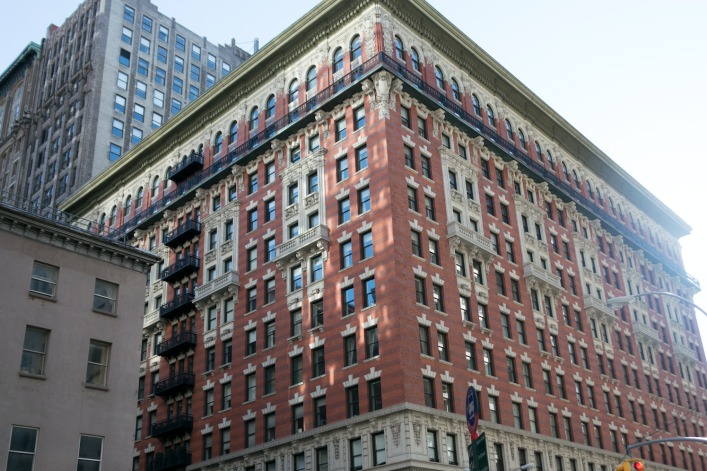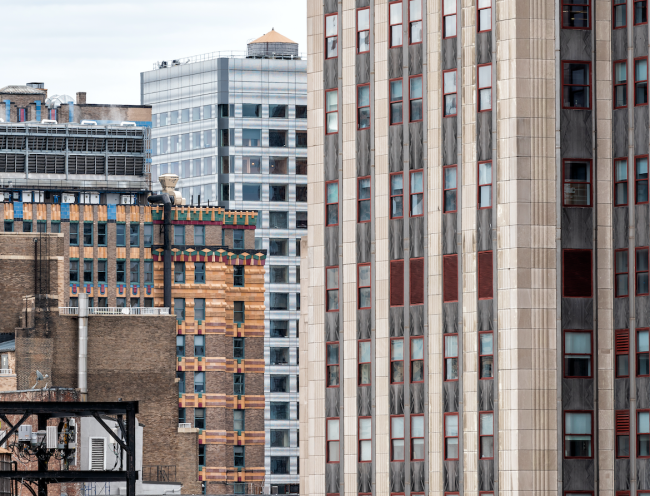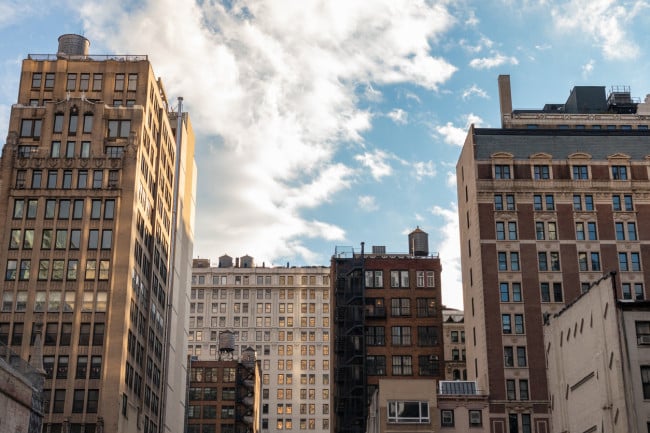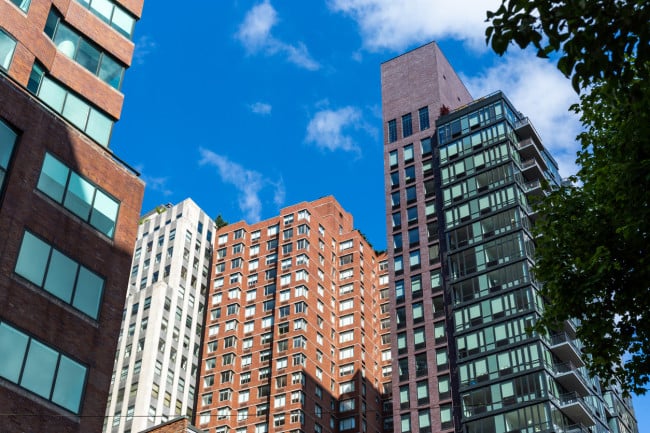Buying a co-op? Here's what to look out for in a proprietary lease

You'll want to know the length of the lease term and who is responsible for window repairs and replacements.
iStock
When you’re considering buying a co-op in New York, your attorney will look over all the building's governing documents and financial paperwork as part of the due diligence for the purchase. The proprietary lease is one of several documents they’ll get to see. You'll be relying on your lawyer to advise you about what the documents say.
A co-op is run as a corporation and your ownership entitles you to shares rather than a title deed, and the proprietary lease is the document that outlines your rules and rights when living in the apartment, similar to a lease in a rental building.
Co-op buildings all have different rules in the proprietary lease and the document is typically fairly generic and often light on details. This means your attorney will probably have to seek out more information on subletting, pets, and alteration policies in other governing documents or from the managing agent. However, there are some important considerations when looking at a proprietary lease including the length of the lease term and rules about who is responsible for the windows. This issue can often be a source of contention.
Here are the questions to ask and the issues your attorney may raise with you with regard to the proprietary lease.
What is the term date of the lease?
Just like a rental lease, a proprietary lease has a term date. This becomes particularly significant if you plan on financing your purchase with a mortgage.
"The term of the proprietary lease has to be longer than the buyer's mortgage term," says attorney Michael Feldman, a partner at Romer Debbas and manager of the firm's residential real estate department. Most mortgage terms are 30 years so when a co-op lease gets within 35 to 40 years, a board needs to take steps to extend the date.
Extending a lease to a 99-year term requires a vote of the shareholders or board, depending on how the co-op is governed, and will typically involve some administrative or legal fees. It's not onerously complicated or costly for the co-op but attorney Jeffery Reich, a partner at Schwartz Sladkus Reich Greenberg Atlas, says, "Banks will not make a loan if the lease is not 35 or 40 years away from terminating." Lower lease terms can also cause problems if you want to refinance.
If you're not financing the purchase with a mortgage you still want to take note of the lease term. Reich says it can sometimes be an indication of how proactive a board is and whether they are paying attention. "Do they know what their documents say and are they dealing with the obvious issues?" he asks.
What are the rules on windows?
If you're an incoming buyer it's important to establish who is responsible for window repair and replacement. Sometimes this is outlined in the proprietary lease. Sometimes it is in the bylaws or the sales package. Either way, your attorney will be looking for clues in the lease about who is responsible and the answer will affect contract negotiations. For example, Feldman has a couple of transactions at Central Park West where there is a window policy requiring an incoming shareholder to remediate the windows where necessary. This might mean a buyer will want to negotiate a closing credit if the windows are in bad shape.
Reich says he has also seen situations where the sale of the apartment is conditioned on the shareholder updating the branch lines of the plumbing from the main riser to the bathroom.
An attorney will be looking for these details in the proprietary lease and if the lease is "silent" i.e., says nothing on the matter. In that case, Feldman says they'll have to seek the information out from other sources, whether that's the co-op's policies, bylaws, the sales agreement or from the managing agent.
What are the rules on occupancy?
Depending on who you want to live with in the apartment, what the proprietary lease says about occupancy can be important.
Most co-ops allow an individual and their immediate family members to live in the space but if the co-op deviates from that norm, Feldman says that's something he'd certainly flag with a potential buyer. It depends largely on the wording in the lease and how you plan on using the apartment.
For example, if you buy the co-op as a pied-à-terre, which is allowed in some cases, but you want a nephew to live there while you are out of town for more than 30 days, you may not have that flexibility based on the wording in the proprietary lease. Feldman points out the lease typically refers to immediate family or those who are on the stock and lease or at least are agreed upon occupants living in the apartment.
Reich says it can often come down to a barely noticeable nuance of language that may indicate more restrictive or more liberal policy on occupancy. Though it comes up infrequently he says "it is an issue and there are sometimes disputes about that."
Has the lease been updated?
Many proprietary leases are forms of the original documents from the 1970s and 1980s, when the majority of co-ops were converted. Reich says you can tell by looking at the proprietary lease and the bylaws if the building has been actively updating its governing documents. He says it's a clue to how the building is run. For example, some co-ops now require shareholders to have insurance and have updated their governing documents—either the lease or the bylaws—to reflect that. This can be very important when there are disputes following water damage.
Another example: If Reich sees there are updates that address electronic voting or remote participation in meetings, he says it's an indicator that the board is actively engaged and being counseled well. "If the co-op is updating its documents they are probably taking good care of the building as well," he says.
Is there a flip tax?
Some co-ops have amended their proprietary leases to include a flip tax when an apartment is sold. The fee ranges from .5 to 2 percent of the purchase price and can be as much as 5 percent. A 2 percent flip tax is standard. Flip taxes are not really taxes, but are a board's way of boosting a building's reserves for capital improvements.
Depending on the market conditions, the flip tax may come into the negotiations for the purchase of a co-op and it's important to know about it when you go to buy.
You Might Also Like



























